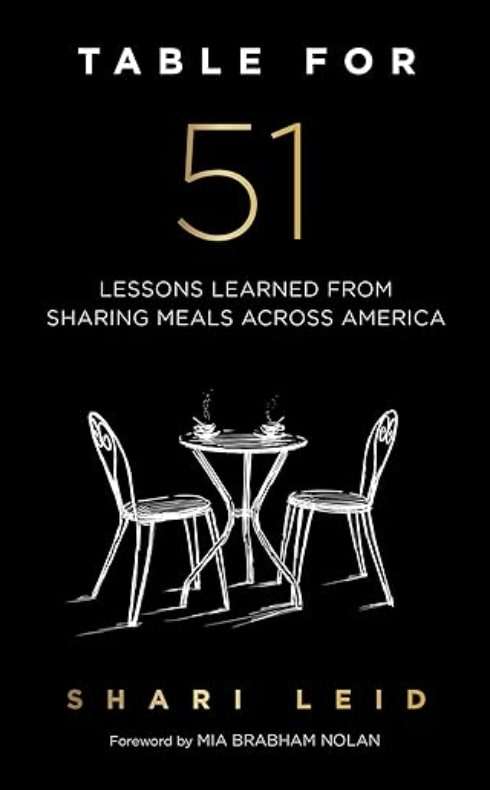From the moment Shari Leid was found in a cardboard box on the streets of Seoul, the search for identity and belonging became the quiet undercurrent of her life.
“Even as a little girl, I knew I didn’t quite belong,” Leid told Lianne Castelino, during an interview for Where Parents Talk. “I was raised by a Japanese-American family in Seattle, but I looked different. I felt different. I was always wondering: Who am I really? Where do I fit?”
That sense of disconnection would follow Leid into adulthood. It would also lead her toward a deeper understanding of what it means to love and to parent. When she and her husband adopted a daughter with special needs, Leid saw her own journey reflected in the little girl who would one day help her rewrite the very definition of motherhood. “My story helped me understand that identity isn’t something we give our kids—it’s something they find for themselves. Our job is to walk beside them, not ahead of them.”
Like many parents, Shari began her parenting journey with expectations. She was a lawyer with a clear plan—until life began rewriting that plan for her. A near-fatal car accident. A breast cancer diagnosis at 47. A divorce after 27 years of marriage. Each upheaval cracked open old questions about purpose, self-worth, and belonging.
“Everything I thought made me who I was—my career, my marriage, my health—was stripped away. But what remained was the truth: I was still me. And that’s what I wanted to give my daughter—that sense that she’s enough, just as she is.”
Raising a child who didn’t follow the typical path brought new lessons daily. For example, when her daughter chose not to get a driver’s license, Leid says she panicked. “I was terrified. I thought, What does this mean for her independence? Her future? But then I realized—I was projecting my own fears onto her. She was okay. I was the one who wasn’t,” she says.“So much of parenting is grieving the version of your child you imagined—and loving the real person in front of you.”
The most powerful moments came not through control, but through connection—especially during her cancer treatment, when her daughter struggled to express her fears.

“She handed me a notebook and asked, ‘Mommy, are you going to be okay?’” Leid recalls. “We wrote back and forth for weeks. That notebook held every feeling we couldn’t say out loud,” she says. “Kids don’t always need us to fix their fears. Sometimes, they just need us to sit in it with them. No advice. No solving. Just presence.”
As a life coach and author of three books—including Table 51, where she documents a yearlong journey of intentional conversations—Leid now helps others find clarity, compassion, and connection.
 But it’s her identity as a mother that still teaches her the most.
But it’s her identity as a mother that still teaches her the most.
Her parenting mantra? Let go of outcomes. Embrace who your child is becoming.
“Don’t get good at something you hate,” she tells her daughter. “Don’t live someone else’s dream. You belong exactly where your joy lives.”
For parents navigating their own children’s differences—whether neurodiversity, adoption, mental health, or just the natural growing pains of adolescence — Leid offers this: “We all want to belong. That starts at home. Not in achievement. Not in perfection. But in knowing you are seen, heard, and accepted for exactly who you are.”
Today, parenting for Leid is no longer about guiding her daughter to fit into the world—it’s about helping her shape a world where she can belong. “You can’t script your child’s story. But you can make sure they never have to walk it alone.”
Related links
Related articles
Navigating the Challenges of Raising Boys in Today’s World
